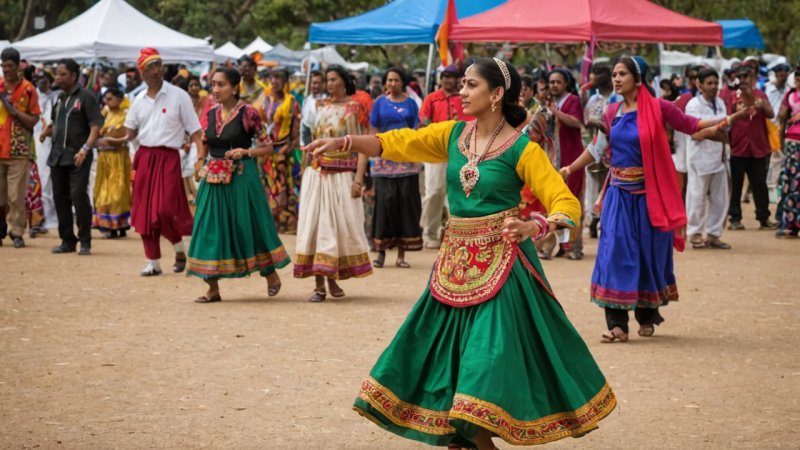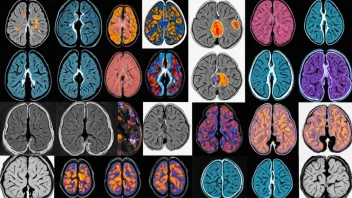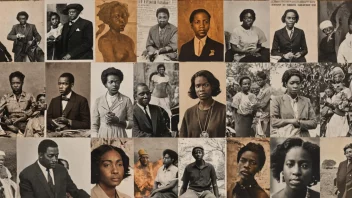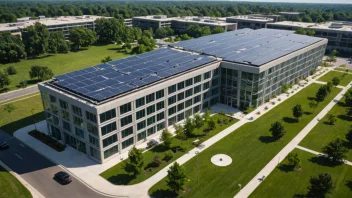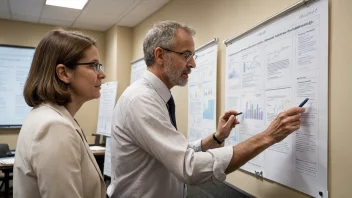Cultural events serve as vibrant expressions of a community's identity, reflecting its history, values, and aspirations. From lively festivals and art exhibitions to music concerts and food fairs, these gatherings not only entertain but also play a crucial role in fostering a sense of belonging among community members. In an increasingly globalized world, where cultural homogenization threatens local traditions, cultural events can act as a powerful tool for preserving and promoting unique community identities. This article delves into the various ways cultural events contribute to community identity, exploring their social, economic, and psychological impacts.
The Role of Cultural Events in Social Cohesion
Cultural events bring people together, creating opportunities for interaction and engagement. These gatherings often attract a diverse audience, bridging gaps between different age groups, ethnicities, and social classes. By providing a shared space for individuals to connect, cultural events foster social cohesion and strengthen community bonds.
For instance, consider a local music festival that features artists from various backgrounds. Attendees not only enjoy the performances but also engage in conversations, share experiences, and build relationships. This sense of community is further enhanced by collaborative activities such as workshops, dance performances, and food tasting, where participants can learn about each other's cultures and traditions.
Preservation of Cultural Heritage
Cultural events often serve as platforms for showcasing local traditions and heritage. They provide an opportunity for communities to celebrate their unique identities, ensuring that customs and practices are not lost to time. By organizing events that highlight traditional music, dance, art, and cuisine, communities can pass down their cultural heritage to future generations.
Take, for example, a traditional harvest festival that incorporates age-old practices such as folk dances, storytelling, and local culinary specialties. Such events not only educate younger generations about their roots but also instill a sense of pride in their heritage. This preservation of cultural identity is essential in a world where globalization can dilute local traditions.
Economic Benefits of Cultural Events
Cultural events also contribute to the economic vitality of a community. They attract visitors, boost local businesses, and create job opportunities. When a community hosts a cultural event, it often sees an influx of tourists who spend money on accommodations, food, and souvenirs. This economic boost can be significant, particularly for small towns and rural areas that rely on tourism for their livelihood.
Moreover, cultural events can stimulate entrepreneurship. Local artisans, food vendors, and performers often showcase their talents and products at these events, leading to increased visibility and potential sales. By supporting local businesses, cultural events help to create a thriving economic ecosystem that benefits the entire community.
Fostering Civic Engagement and Participation
Cultural events encourage civic engagement by involving community members in the planning and execution process. When residents participate in organizing events, they develop a sense of ownership and responsibility towards their community. This involvement can lead to increased civic pride and motivate individuals to take a more active role in local governance and initiatives.
For example, a community might organize a cultural festival that highlights its history and diversity. Residents may volunteer to help with logistics, promote the event, or perform at it. This collective effort not only strengthens community ties but also empowers individuals to contribute to the cultural landscape of their locality.
The Psychological Impact of Cultural Events
Participating in cultural events can have profound psychological benefits for individuals. These gatherings provide a sense of belonging and acceptance, which are essential for mental well-being. Engaging with others who share similar interests and values can foster a sense of community and reduce feelings of isolation.
Furthermore, cultural events can serve as a form of self-expression and creativity. Individuals who participate in performances, exhibitions, or workshops often experience increased self-esteem and confidence. The opportunity to showcase one's talents and share personal stories can be empowering, reinforcing a positive community identity.
Challenges and Considerations
While cultural events have numerous benefits, they also face challenges. Issues such as funding, accessibility, and inclusivity must be addressed to ensure that these events truly represent and serve the entire community. Organizers must strive to create events that are accessible to all, regardless of socioeconomic status, physical ability, or cultural background.
Additionally, it is crucial to strike a balance between preserving cultural heritage and embracing innovation. As communities evolve, cultural events should adapt to reflect contemporary issues and diverse perspectives while maintaining their core identity.
Conclusion
Cultural events are vital to the fabric of community identity, offering a platform for social interaction, heritage preservation, economic development, civic engagement, and psychological well-being. By celebrating and promoting local traditions and values, these gatherings create a sense of belonging among residents and foster a vibrant community spirit. As we navigate the complexities of a globalized world, it is essential to recognize the importance of cultural events in maintaining the rich tapestry of our diverse identities.
